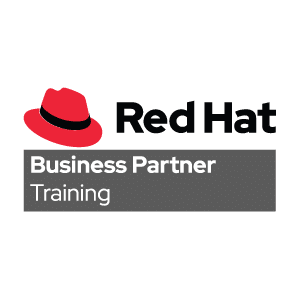Manage and provision large-scale deployments of JBoss Enterprise Application Platform
The Red Hat JBoss Application Administration II (AD348) prepares students to provision and manage Red Hat JBoss Enterprise Application Platform (JBoss EAP) in large-scale production environments. Intended for experienced administrators, this course provides a deeper understanding of how to work with JBoss EAP by taking a closer look at installation, clustering, deployments, scripting, management, messaging, and security with a view towards building on the skills established in AD248: Red Hat JBoss Application Administration I.
While focusing on automating tasks using the new command line interface (CLI) features of EAP 7, this course takes a deeper dive into provisioning JBoss EAP instances, live patching, clustering, and domain management through CLI scripting, custom coding, JBoss migrations, and a deeper dive into the security systems of JBoss EAP, including the management interface, securing resources such as JMS queues, implementing SSL for the web interface, RBAC, and network considerations. JBoss Application Administration II (AD348) also covers management, clustering, and tuning of of the ActiveMQ Artemis.
This course is based on JBoss EAP 7.









